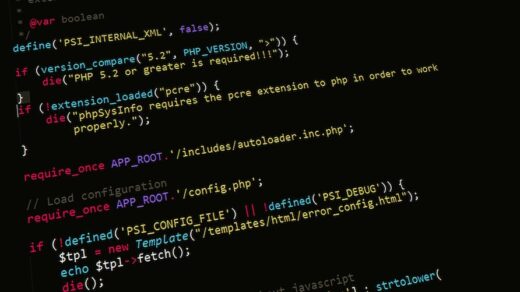The Game Changer: AI and Automation in Software Development
The growing dependency of businesses on Software Development has propelled the demand for Artificial Intelligence (AI) and Automation as the key drivers of this revolution. The impact of AI and Automation is transformational, establishing more efficient, robust, and cost-effective mechanisms in software development.
AI and Automation: The Ultimate Disruptor
From writing codes to executing tests, AI and automation have become a vital element of software development. Companies are harnessing AI’s capacity for Machine Learning (ML), Natural Language Processing (NLP) and expert systems to streamline processes, eliminate error-prone steps, enhance software quality, and significantly reduce time-to-market.
- Machine Learning (ML): Primarily used to detect bugs in codes, improving accuracy and ensuring a bug-free product.
- Natural Language Processing (NLP): Applied to understand a user’s spoken language, ensuring the software is more interactive and user-friendly.
- Expert Systems: Utilized in decision-making processes to improve software functionality and optimize performance.
Realizing the Potential: Benefits of AI and Automation in Software Development
The advantages of integrating AI and automation in software development are manifold:
- Enhanced Efficiency: The automation of repetitive tasks frees up significant developer time, allowing them to focus on more critical, high-level tasks.
- Improved Quality Assurance and Testing: AI-driven testing tools facilitate more accurate identification of bugs and issues.
- Increased Adaptability: Using AI, software systems can adapt to users’ changing behaviors and requirements, offering a personalized experience.
- Reduced Costs: Automation significantly reduces the manual effort required, thereby lowering process costs.
Navigating the Terrain: Challenges with AI and Automation
While the benefits are enormous, we should also be cognizant of the potential challenges:
- High Initial Costs: Implementing AI and automation requires significant initial investment, which can be a deterrent for small and medium enterprises.
- Loss of Human Touch: While AI can mimic human intelligence, it lacks emotion and context.
- Complexity: Properly integrating AI and automation into existing systems can be complex and may require technical expertise.
- Resistance to Change: There may be resistance from the workforce to adopt these next-gen technologies due to fear of job loss.
Adopting AI and Automation in Software Development marks a significant evolutionary leap in how we create, manage and optimize software. While it promises to take us into an era of supreme efficiency and precision, it’s crucial to navigate their potential challenges to ensure a smooth and progressive transition. As businesses and technologies mature, we will invariably witness an increased adoption of AI and automation, marking the dawn of a new era in software development.
Thank you for reading our blog post! If you’re looking for professional software development services, visit our website at traztech.ca to learn more and get in touch with our expert team. Let us help you bring your ideas to life!


